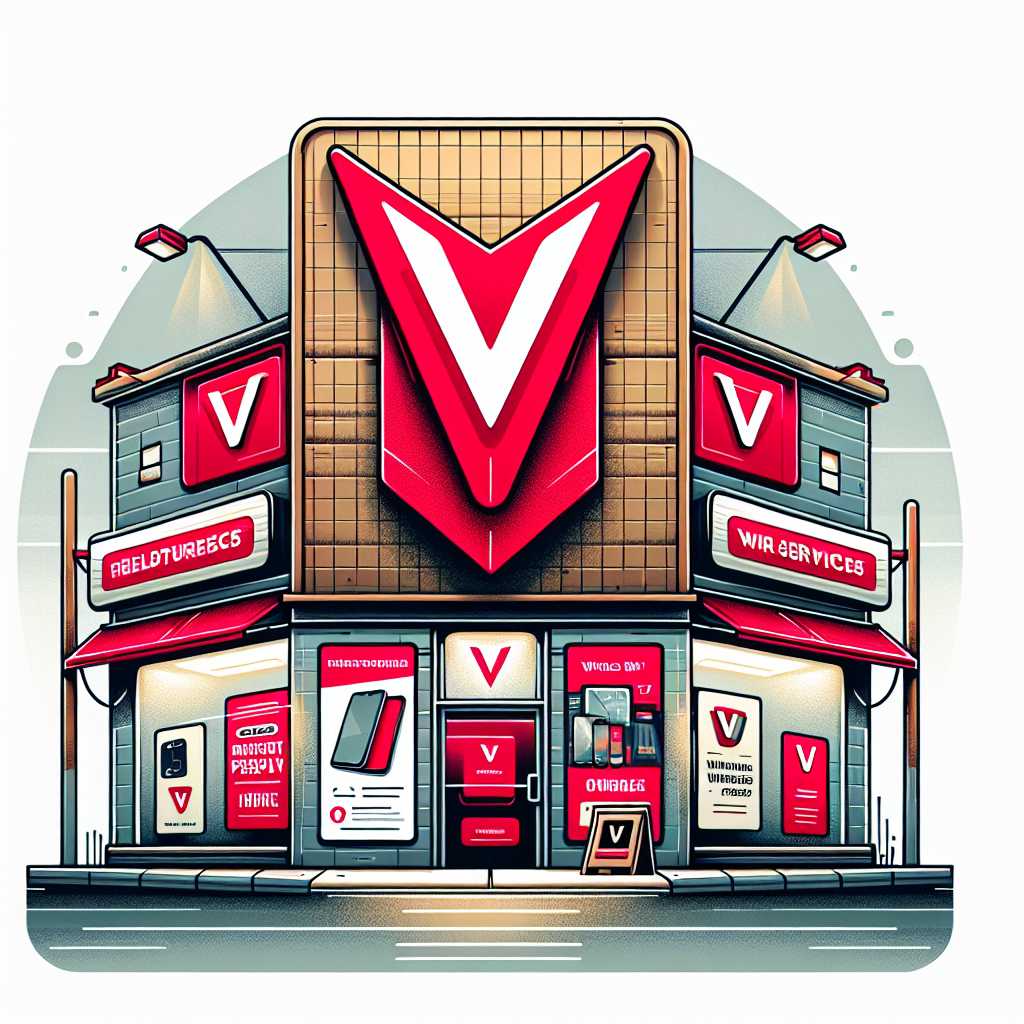The Comprehensive Guide to Understanding Verizon Communications Inc.
Verizon Communications Inc., commonly known as Verizon, is a prominent player in the global telecommunications industry, known for its vast array of products and services including wireless communications, broadband internet, and television services. With a history tracing back to its roots as Bell Atlantic, the company has evolved and continues to play a crucial role in the evolution of telecommunications technology.
A Brief History of Verizon
The origins of Verizon can be traced back to Bell Atlantic, which was one of the seven original “Baby Bells” that was formed after the dismantling of the Bell System under AT&T due to antitrust regulation. It officially began operations in 1983 and was based in Philadelphia.
Fast-forward to the year 2000—an era of significant transformation in the telecommunications industry—when Bell Atlantic merged with another former Baby Bell, GTE Corporation, resulting in the creation of Verizon Communications Inc. The name “Verizon” is a portmanteau of “veritas,” the Latin word for honesty or truth, and “horizon,” projecting an image of reliability and forward-looking innovation.
Verizon’s Business Operations and Growth
Verizon has become widely recognized for its wireless services. The company operates America’s largest 4G LTE network and is actively expanding its 5G capabilities to urban, suburban, and rural areas across the United States. Its 5G ultra-wideband service is expected to bring revolutionary speed and network reliability, changing the way customers interact with the internet.
Moreover, Verizon provides wireline services that include local telephony and data services in several Northeastern states, where it positions itself as a premier provider of advanced fiber-optic networks (FiOS). As part of these efforts, Verizon offers internet access and home phone services alongside a fiber-optic television service known as FiOS TV.
Additionally, Verizon has grown its business through strategic acquisitions such as AOL in 2015 and Yahoo’s operating business in 2017. These acquisitions were integral to forming what was initially known as Oath Inc., now known as Verizon Media, which controls various digital platforms aimed at enhancing customer engagement.
Challenges and Competition in Telecommunications
Despite its prominence, Verizon faces stiff competition from other major carriers like AT&T, T-Mobile, Sprint (now merged with T-Mobile), as well as a multitude of smaller regional players. Competition in this sector is intense with rivals continuously upgrading service offerings, tariff plans, technological enhancements, and international roaming packages.
The adoption of new technologies also represents both an opportunity and a challenge for Verizon. While the potential applications of 5G technology could bring competitive advantages to those who deploy them effectively, such technologies require substantial investments in infrastructure and research which are not without financial risks.
Corporate Social Responsibility and Sustainability at Verizon
Verizon exhibits a strong commitment to corporate social responsibility (CSR) through investment in community development projects, environmental practices, and initiatives that benefit society at large. The company continuously works on reducing its carbon footprint by optimizing energy use within its operations and investing in renewable energy projects.
The company’s take on sustainability also extends to its products and services. By encouraging recycling programs for devices along with designing sustainable packaging for its products, Verizon is working to mitigate its environmental impact while raising industry standards for ecological consciousness.
Furthermore, through its corporate philanthropy program

